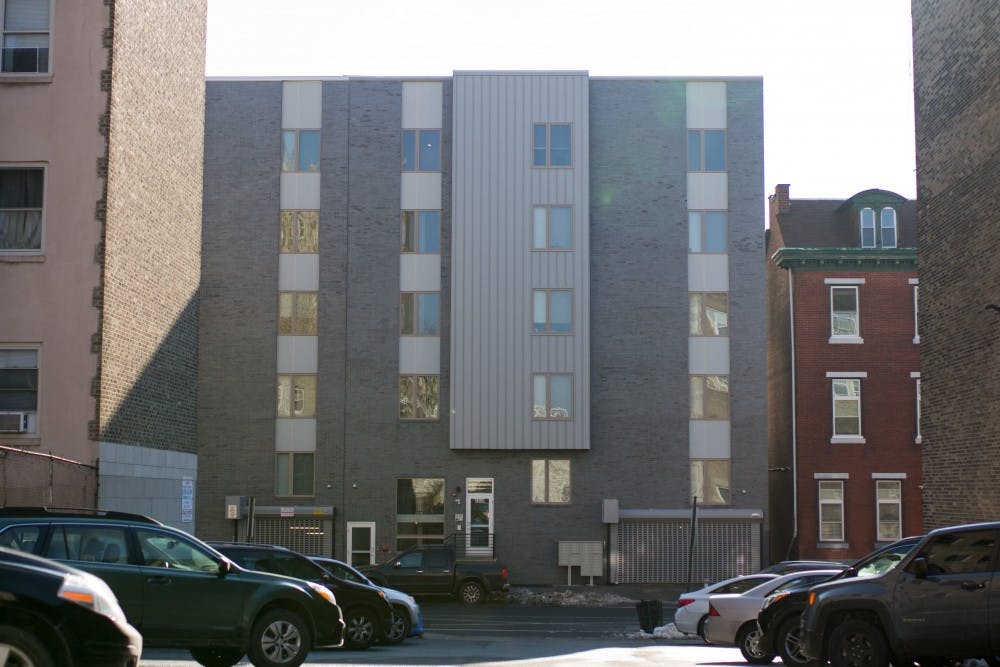
Penn's new "Second Year Experience Program," which will require all sophomores to live in college housing starting 2021, received widespread criticism from student leaders upon its recent announcement.
Amid the growing discussion, many have raised concerns about the potential negative implications for first-generation, low-income students. FGLI leaders however, say the issue is more complicated than it seems.
College junior Melissa Janet Pérez — who is a board member for Penn First, a student group for first-generation low-income students at Penn — said her primary concern with the program is the impact it will have on FGLI students who do not receive full aid from the University.
These students, Pérez said, do not have their housing fully covered through financial aid and have "a huge incentive to go off campus." She added that off-campus housing can often provide cheaper options for these students, who she said make up a significant portion of the FGLI community.
"There is that portion of the population that is kind of being lost in this policy," she said.
But moving off campus has also presented financial challenges to FGLI students in the past. In the 2016-2017 school year, Student Financial Services offered up to $8,217 to students on financial aid looking to move off campus, which was more than $1,000 less than what was offered to those staying on campus. Moving off campus can also present logistical difficulties to FGLI students, who do not often have the disposable income to cover rent deposits and the fees around new furniture.
Administrators announced the initiative to student leaders at an Undergraduate Assembly Steering Committee meeting on Tuesday. The plan's purpose, Provost Wendell Pritchett said, is to "strengthen the sense of community" among first- and second-year students.
UA President and College senior Michael Krone told The Daily Pennsylvanian that the increased cost of living off campus was one of the two main concerns among student leaders at the meeting. The second is the effect the plan will have on Greek life.
College senior Raisa Shah, the political chair for the Penn Association for Gender Equity, attended the UA Steering meeting on Tuesday, and said that she thinks there is "no doubt that [the program is] going to hurt low-income students and highly aided students."
"From personal experience, I know that the amount of money I saved from going off-campus my junior or senior year was honestly ridiculous," Shah said. "I think living off-campus sophomore year definitely is a better move for students who are on high amounts of financial aid."
College senior Lyndsi Burcham, who is also a board member for Penn First, said the plan might have some positive effects on mental wellness in the first-year students, who notoriously scramble to figure out housing early in their first semesters on campus.
The plan’s intention to eliminate stress, she said, may be especially beneficial for FGLI students. Burcham listed furniture costs, security deposits, and reduced financial aid as obstacles to FGLI students moving off campus.
“If wellness is such a big topic on our campus right now and that’s what students are saying is causing them issues,” Burcham said, “then this is a good sign that the University is listening to that."
Deputy News Editor Madeleine Ngo contributed reporting to this story.
Correction: A previous version of this story indicated Pérez is a senior, but she is in fact a junior. The DP regrets the error.
The Daily Pennsylvanian is an independent, student-run newspaper. Please consider making a donation to support the coverage that shapes the University. Your generosity ensures a future of strong journalism at Penn.
Donate






